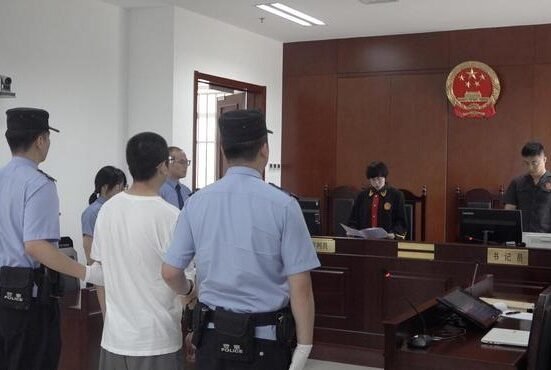Google now spearheads innovation in artificial intelligence patent applications, leading in both generative AI and the burgeoning field of agentic AI, a significant shift in the IP landscape. This ascent, detailed in an analysis by IFI Claims Patent Services, places Google ahead of previous frontrunners like IBM. It highlights an accelerated pace of research and intellectual property protection within these critical AI sectors.
This intensified focus from Google likely signals a forthcoming wave of advanced AI-driven products and capabilities. The IFI Claims data, covering February 2024 to April 2025, reveals a dramatic 56% jump in U.S. patent applications for generative AI (totaling 51,487), with granted patents also rising 32%. This surge points to rapid technological progress and a fiercely competitive environment as corporations strive to define the next generation of AI.
The findings also underscore a dynamic global arena where U.S. tech firms face robust international competition, particularly from Chinese entities in generative AI. Agentic AI has emerged as a distinct and rapidly growing patent category—accounting for 7% of U.S. AI patent applications in the period—which indicates the industry’s push towards more sophisticated, autonomous AI systems designed to learn, reason, and act with minimal human input.
Patent Surge Highlights Shifting AI Leadership
The recent IFI Claims analysis marks a notable recalibration in AI intellectual property. Google’s rise in generative AI patents now displaces IBM, which previously led Google and Microsoft in this domain.
Ronald Kratz, CEO of IFI CLAIMS Patent Services, noted already in 2024 that while generative AI “seems so new to the world, the patent filings show us that the technologies around this form of AI have been developing for a while.” He advised that with any powerful emerging technology, “patents are a strong indicator of which companies will dominate the space down the road,” and that “investors should take note of the corporations protecting inventions in promising new areas.”
The ongoing AI boom seems truly significant. Axios reports that generative AI now constitutes 17% of all AI-related U.S. patent applications, while IFI Claims’ own broader report suggests this figure could be around 24% for applications to the USPTO. Globally, 23% of AI patent applications were for generative AI, with the IFI document indicating a figure closer to 28% of nearly 190,000 global applications.
This intense activity prompted IFI Claims spokesperson Lily Iacurci to state, “The surge in applications for AI related patents is a sign companies are actively seeking protection for their AI technologies, leading to an increase in grants as well,”
In the U.S. patent rankings for this emerging field, Google and Nvidia are at the forefront, followed by IBM, Intel, and Microsoft, as reported by Axios. Globally, Google and Nvidia also lead in agentic patents, with three Chinese universities and DeepMind also among the top applicants, according to IFI Claims.
The growing importance of this field was highlighted by Gartner, which, named agentic AI a top technology trend for 2025. However, there are potential challenges in patenting agentic AI in the U.S. due to subject matter eligibility.
Agentic AI, characterized by its ability to act autonomously, is rapidly becoming a key focus. IFI Claims Patent Services describes agentic AI as systems that not only generate content but also learn from past actions to improve future performance; these agents can process data, reason, adapt to changes, and operate without continuous human guidance.
This capability for independent action and learning is what distinguishes agentic AI, which operates independently, adapting to new situations without solely relying on pre-existing data patterns typical of other generative AI, making it ideal for complex decision-making.
Global Competition and Strategic Patenting
Major players like Meta and OpenAI did not feature in the top 10 for these patent categories in the latest analysis. Meta has largely concentrated its efforts on open-source AI development. OpenAI, while increasing its patenting activity—with 39 patents found in IFI’s recent check focusing on machine learning and discourse representation—“says it intends to use its patents only “defensively” according to a statement on its website.
OpenAI had only recently filed its first GenAI patents at that time. Chinese firm DeepSeek was identified by IFI Claims as having a single patent application in China related to constructing training data.
Different companies emphasize distinct facets of generative AI. Nvidia leads in patent applications related to video and image generation, Microsoft in text-based generative AI, and Google in speech-related AI patents, according to IFI Claims.
Adobe’s focus is on images, text, and video, exemplified by a patent for generating design documents from text prompts, while IBM’s efforts are notable in speech, text, and video, including a patent for speech-to-text touchscreen graphics rendering. Google’s broader AI patent portfolio includes innovations like training neural networks for machine learning tasks.







